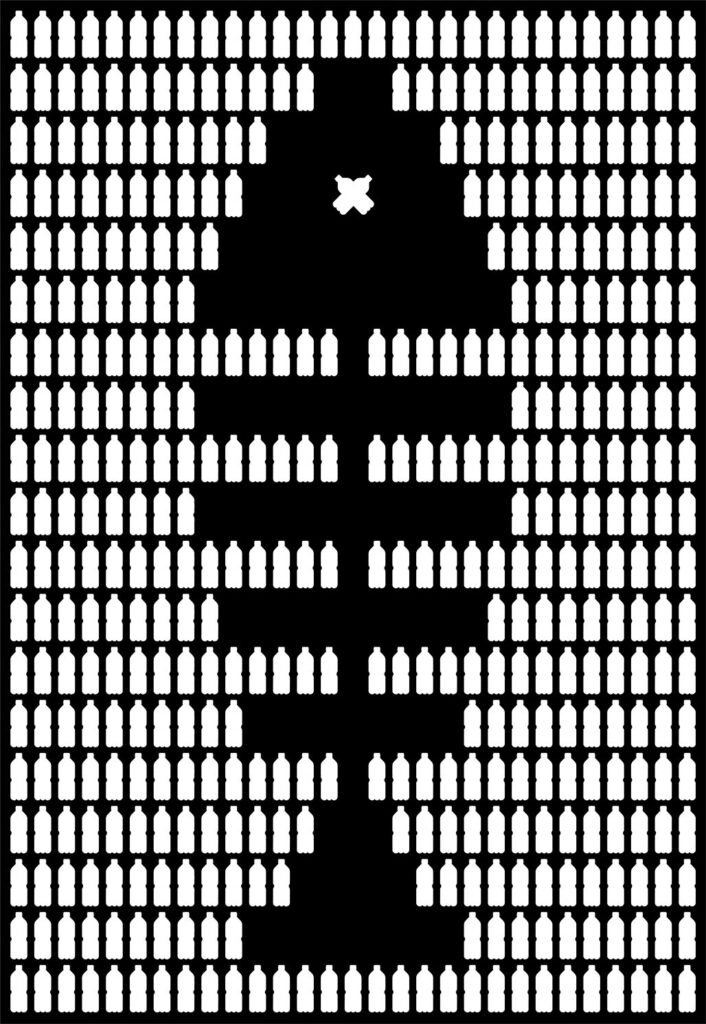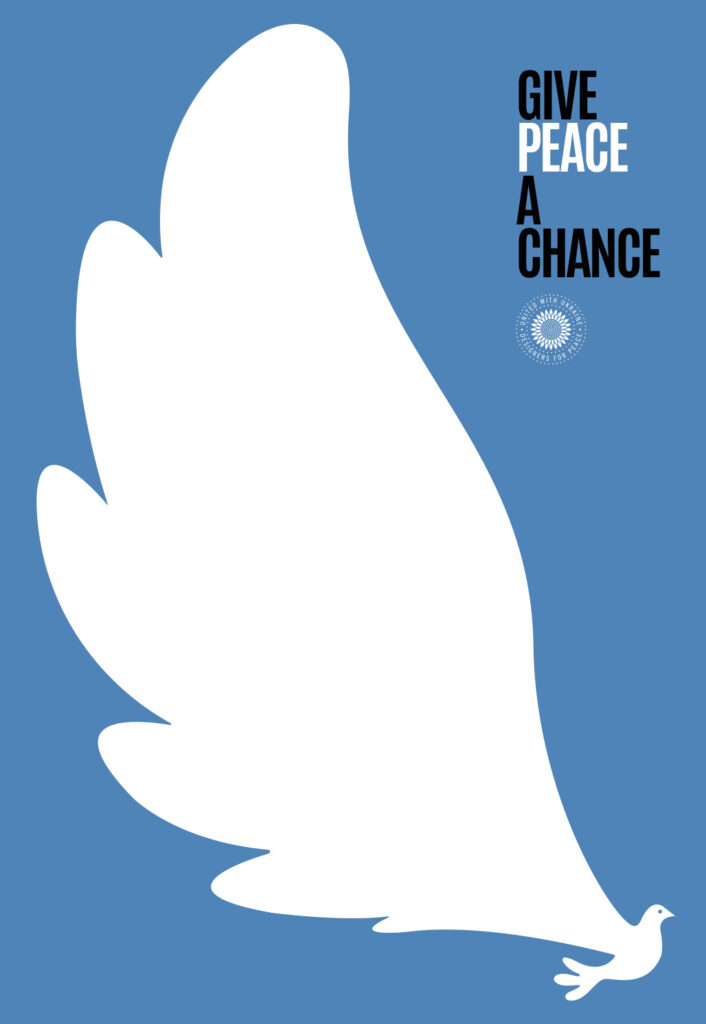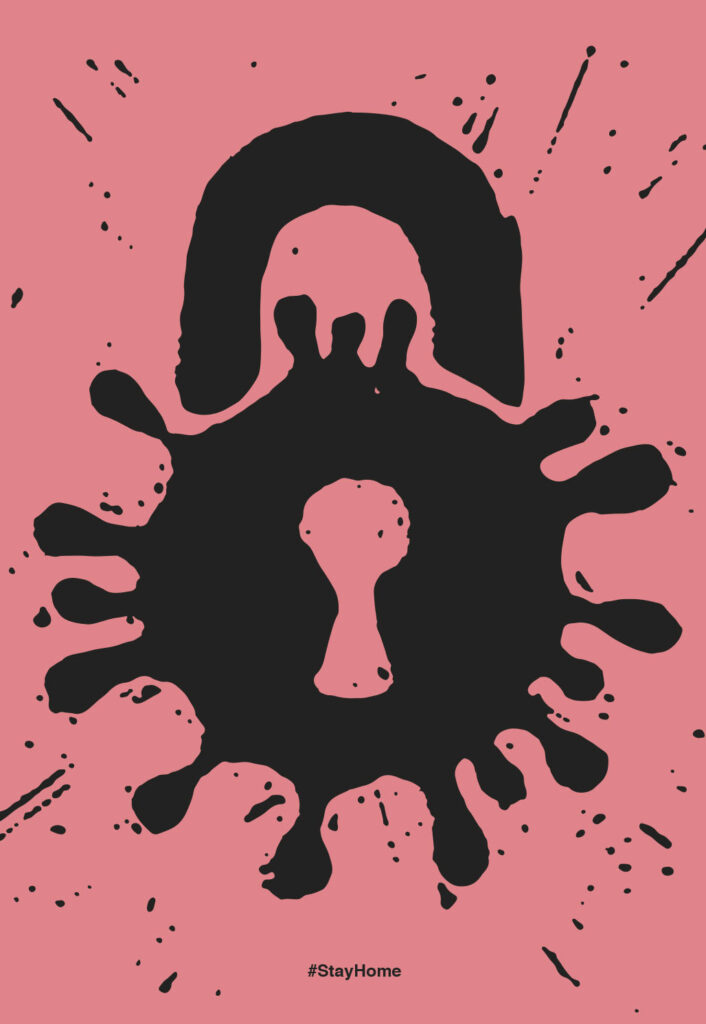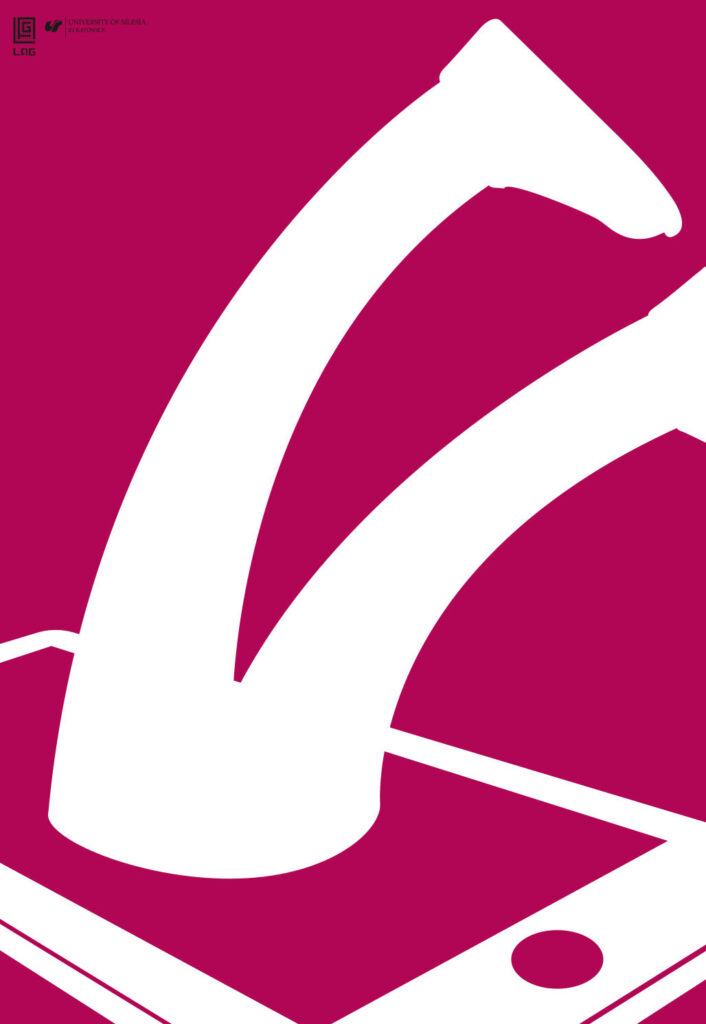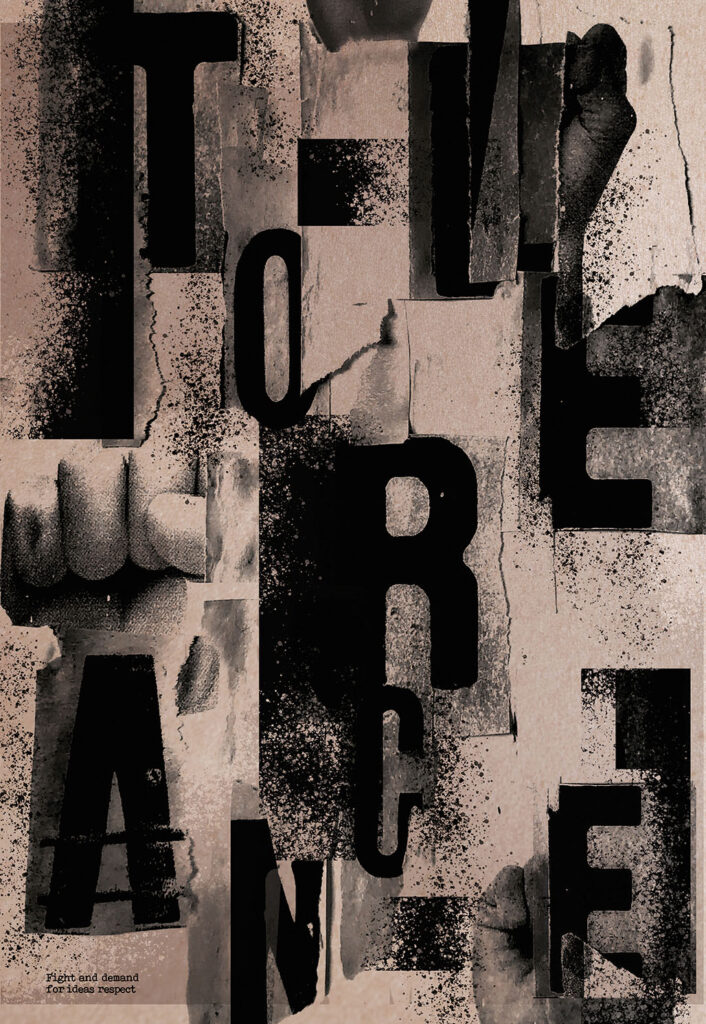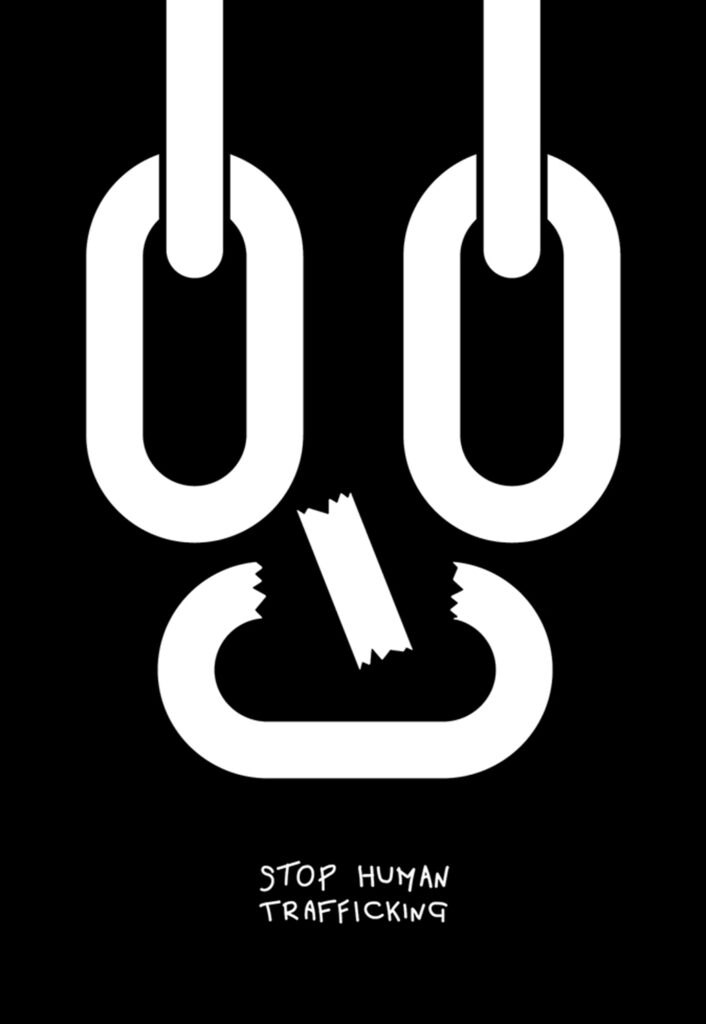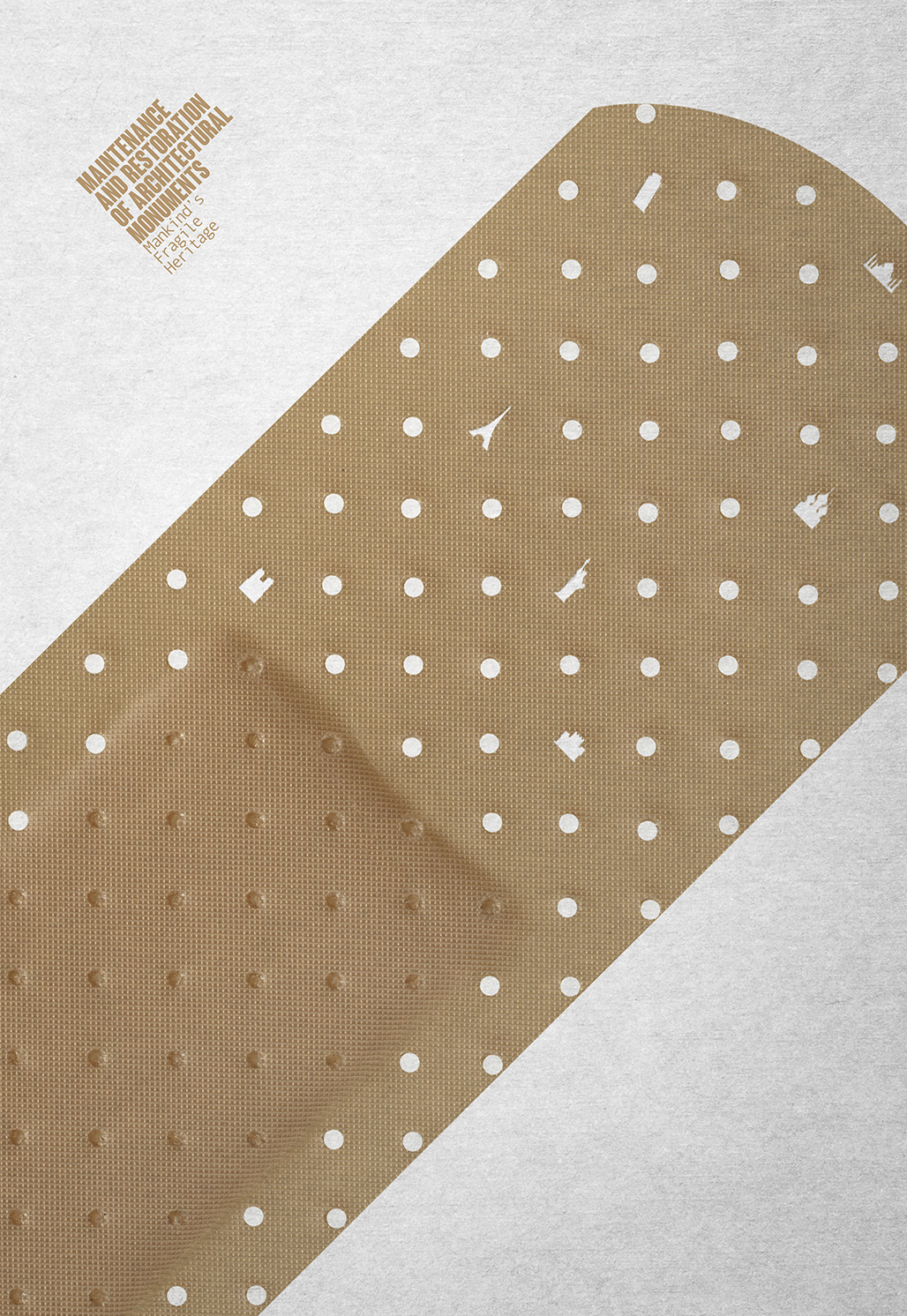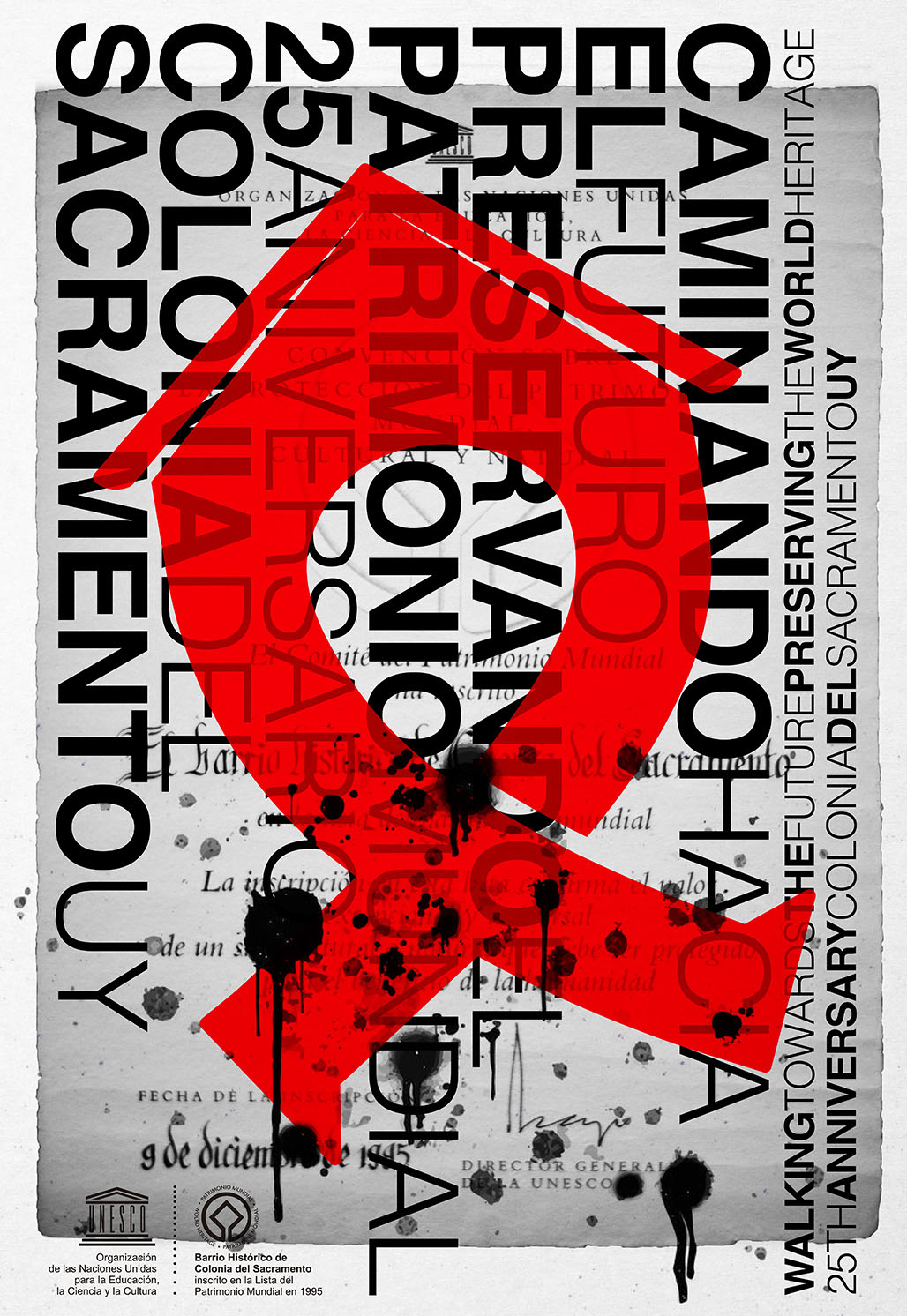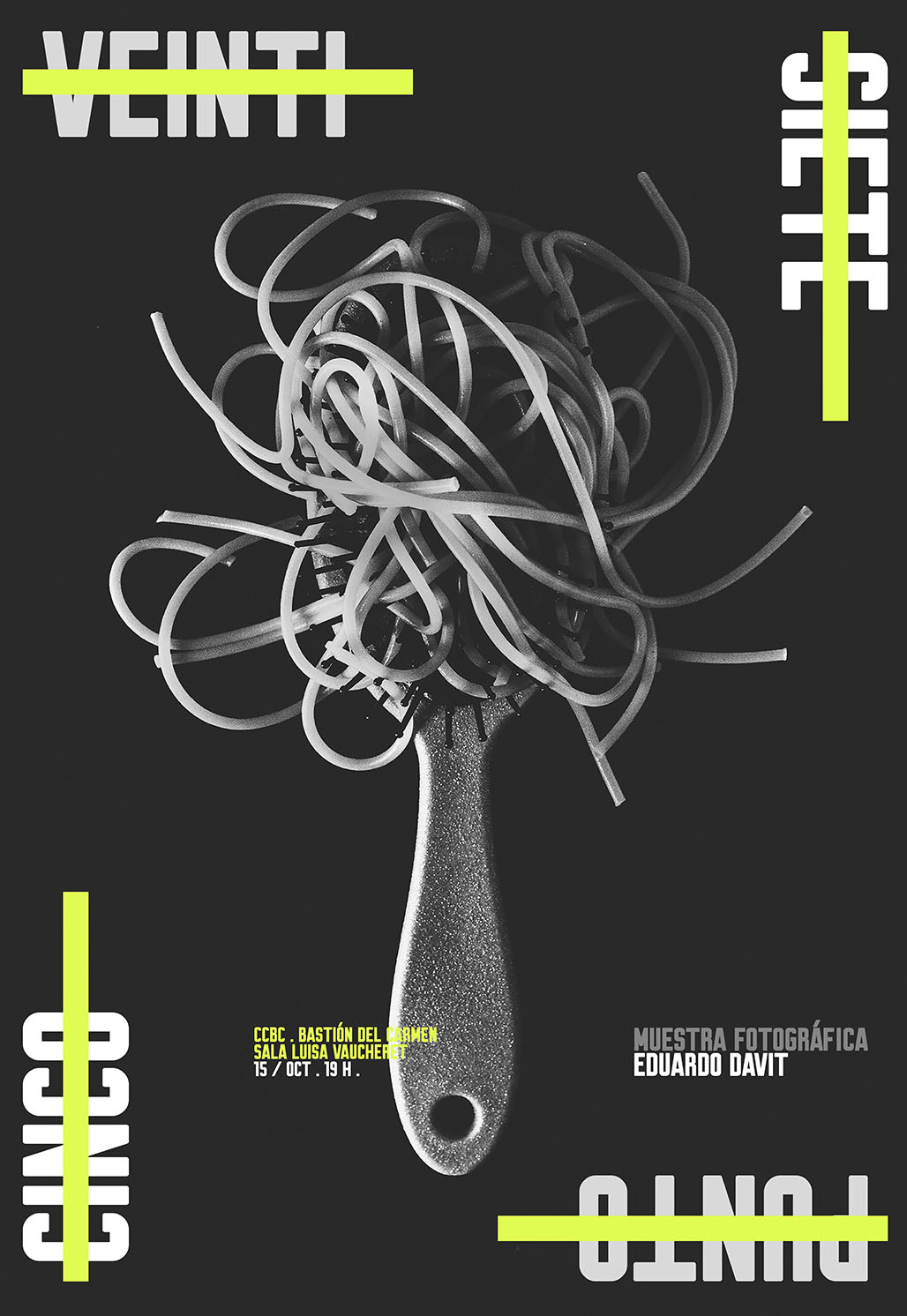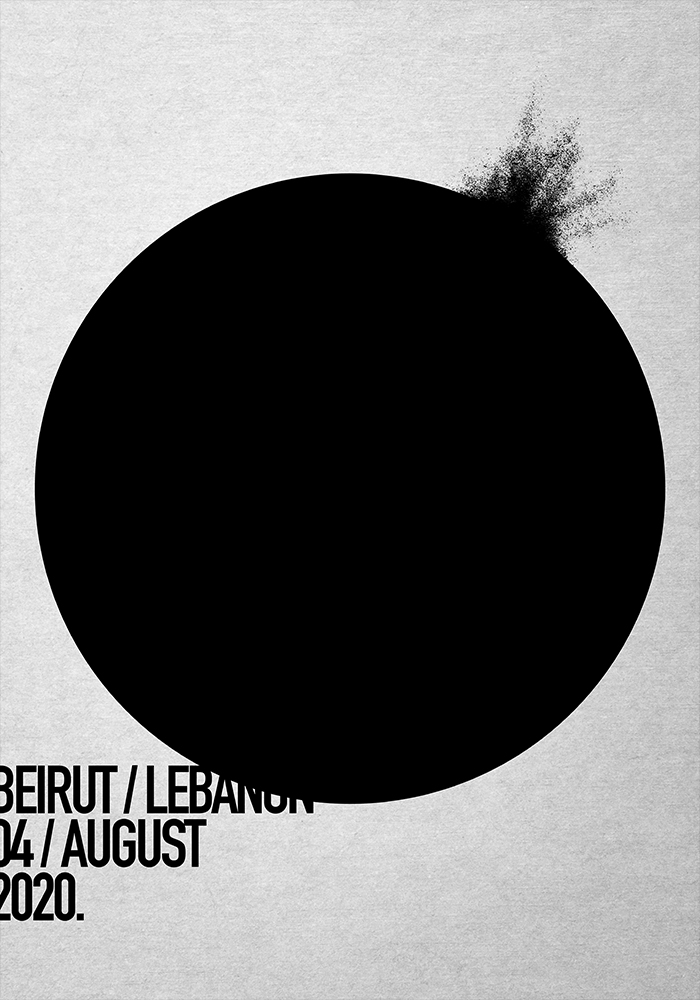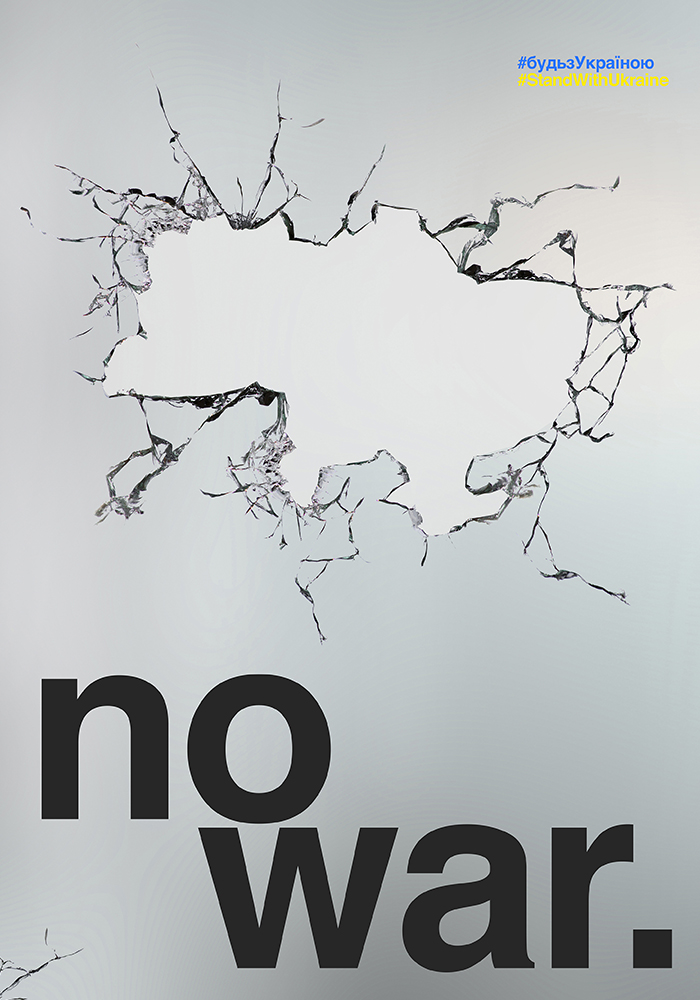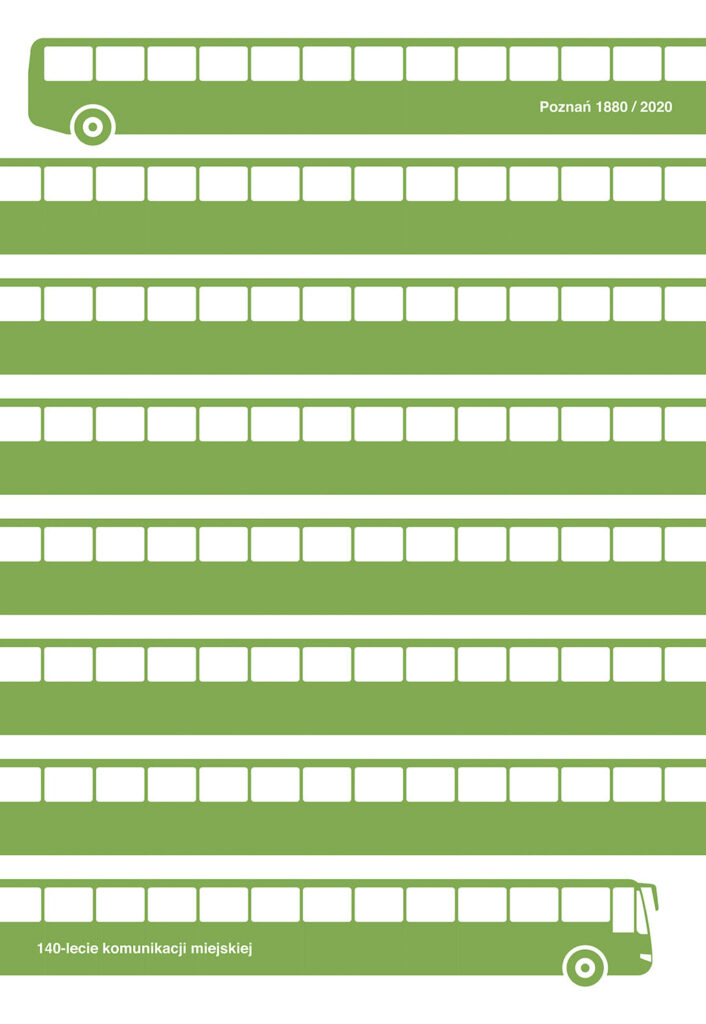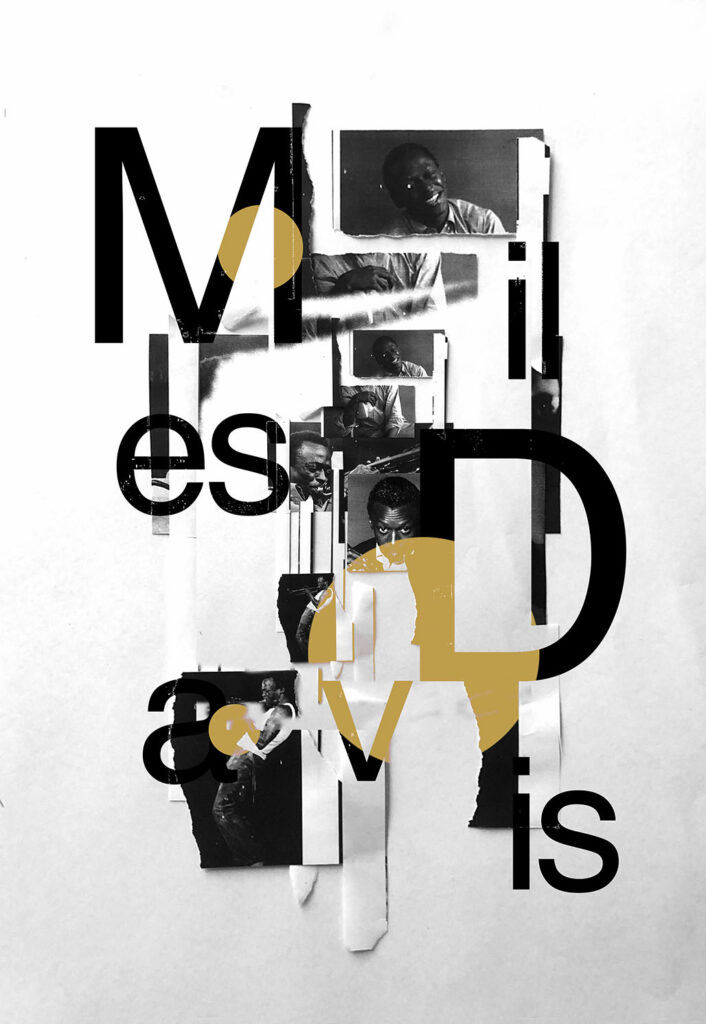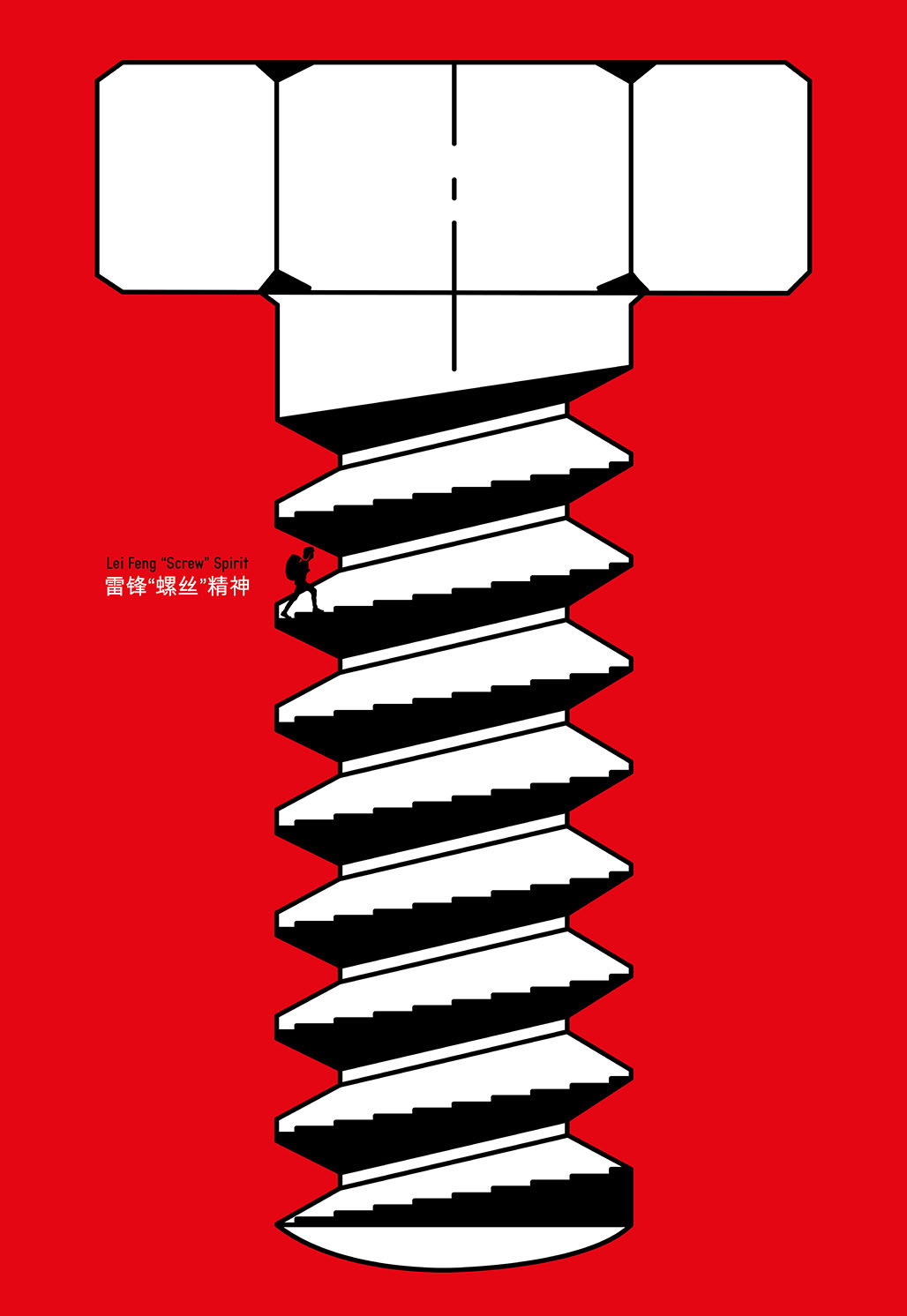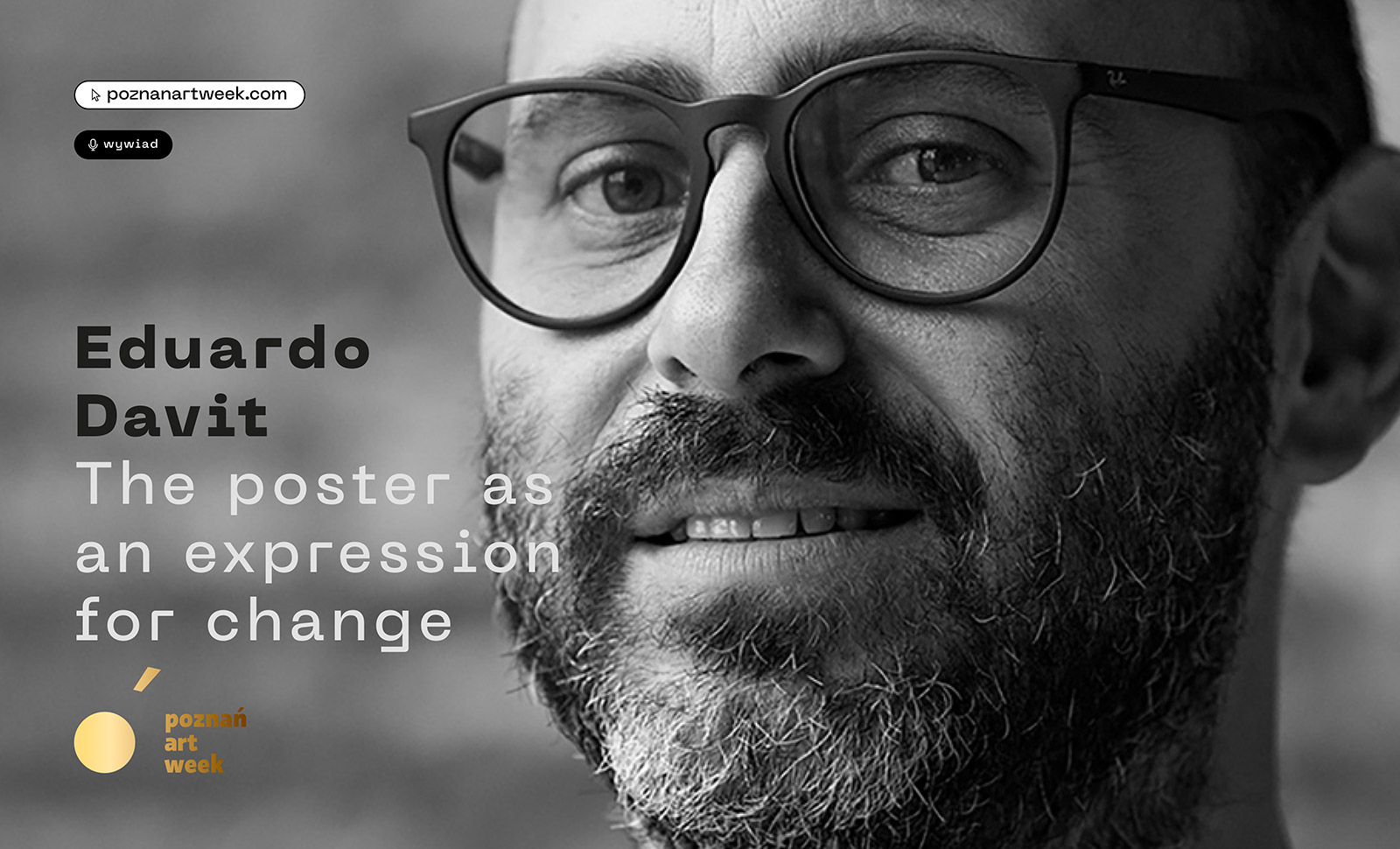Mateusz Bieczyński talks to Eduardo Davit, an Uruguayan poster artist, winner of the competition “140 years of public transport in Poznań, organized as part of Poznań Art Week 2021 “Reactivation”
Mateusz Bieczyński: Dear David, could you please share with us your story, how your journey with the poster has begun?
Eduardo Davit: I work in my own design studio in the City of Colonia del Sacramento, Uruguay as a self-taught graphic designer and photographer.
I have a passion for graphic design and especially poster design, highlighting my message and contribution to society.
Since the 2000s I have worked on design, branding and consulting development projects for companies and departmental governments. So much so that in 2018, together with two other designers from my city, we created the Uruguay Cartel festival, an international poster design event that takes the form of exhibitions, talks, and workshops.
I have been selected and invited, exhibiting my work in more than 25 countries at major poster design events and biennials.
MB: You create many posters that respond to current social problems. How do you choose the topics you design?
ED: If basically it is the social issues that I like, the ones that mobilize and give the starting point for creation. The themes of the posters come up in “extra-work” exercises that I do, where I can really apply what I want to say, express my discontent with everyday issues, society in general and it also helps me to play with different techniques and apply them outside of work. daily. As well as some of the themes arise from international competitions or exhibitions that I usually participate in and give me the opportunity to generate these posters.
MB: Do you have any particular posters that you identify with?
ED: I don’t know if I identify with a particular poster, but there is a poster that has generated a lot for me and it is the White Pollution poster selected at the Warsaw Biennale, among others, and Gold Award at Graphis Protest Poster.
It is a poster that talks about the problem of the use of various types of plastic products, in this case PET bottles, which has important environmental consequences, especially in the oceans, a protest poster that aims to remind us of the dangers that plastic and other pollutants have for marine life.
MB: What do you consider your greatest achievement so far?
ED: It is being able to contribute something to be able to change some situations that harm us as a society. If some of my posters make someone think, make them reflect or change their habits on some subject, I think that is my greatest achievement.
MB: Nowadays, the poster has evolved into a field of free creative activity, and an external order is no longer a condition for its creation. Do you think that the poster medium will survive the competition with other, more aggressive media?
I think so, the newspapers are not finished, nor are the books, why should the poster do it? This even has other means of dissemination such as social networks, it is true that they are not conceived for these but they do give another visibility to works that can revolve around the world. In my view of design, the poster will always be the quintessential piece of communication.
MB: Are you currently working on a new project? What will be your next challenge?
ED: There are always new projects to be carried out, trying to apply a good idea to carry it forward…
